We have conducted multiple workshops in many organisation. We are a recommended panel of institutions/organizations for providing training through programmes and workshop under Sexual Harassment of Women at Workplace (Prevention, Prohibition and Redressal) Act, 2013, (Gender Equality) in Ministry of Women and Child Development, Government of India.
Sexual harassment at workplace can take many forms. For instance, in the form of lewd jokes, vulgar remarks, inappropriate touch, unwelcome physical advances or asking for sexual favours in return for promotion, it may involve intimidation and threatening to act in a certain way. From the above examples we can see that this form of harassment can be both implicit and explicit. In both cases, the modesty of a woman is subjected to be outraged by the perpetrator.
The causes of such misconduct can be many, the most prominent cause being the implied unequal states of women in workplaces. Even in the 21st century, women aren’t deemed as equal with men. Gender wage gap is very much a reality, a very harsh reality of the modern age. Women have been considered ideal home makers and their role is restricted within the four walls of a home. They aren’t allowed to step out, and even if they are, they are often victims of harassment at their workplace. Women lack the necessary awareness and education to fight for their rights. This motivates the perpetrator to take unfair advantage of his position and authority.
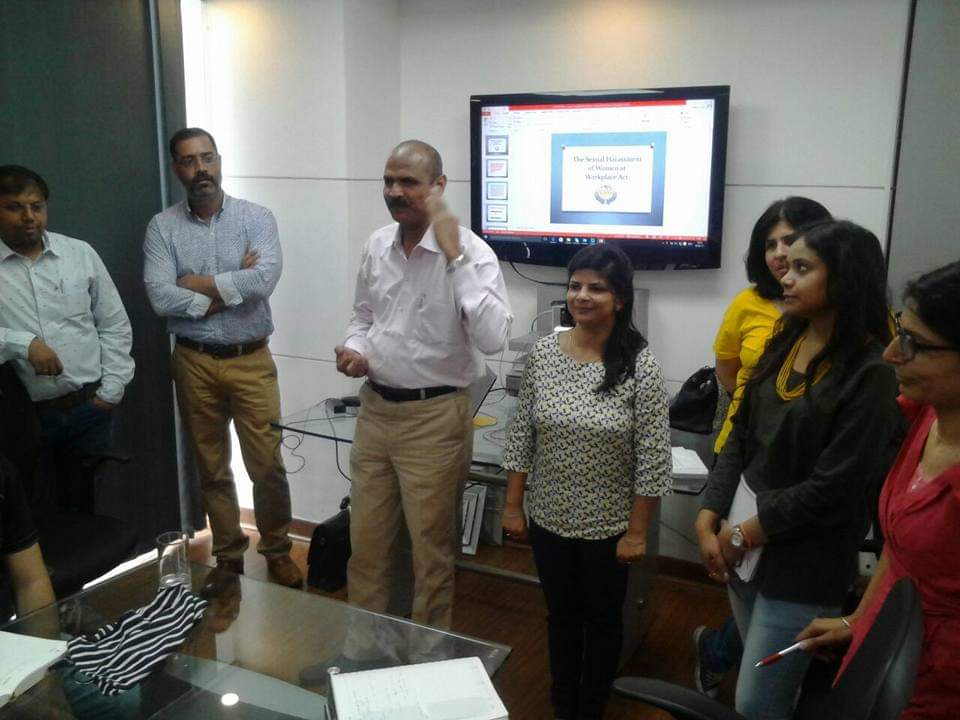
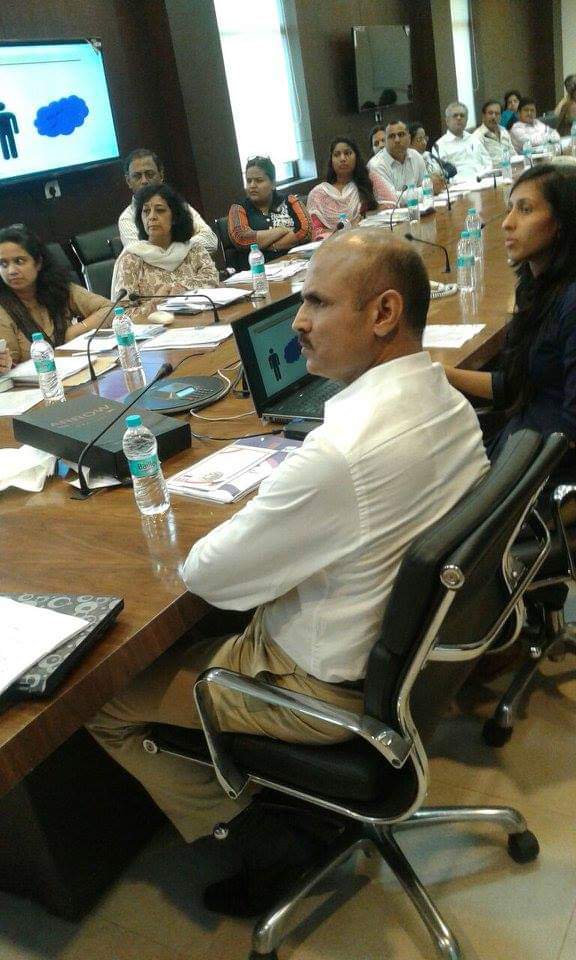
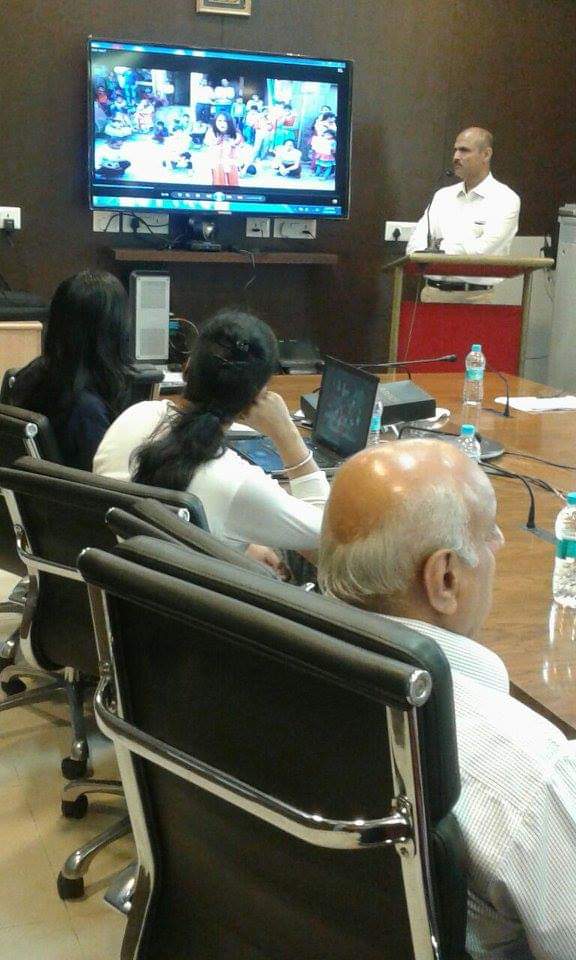
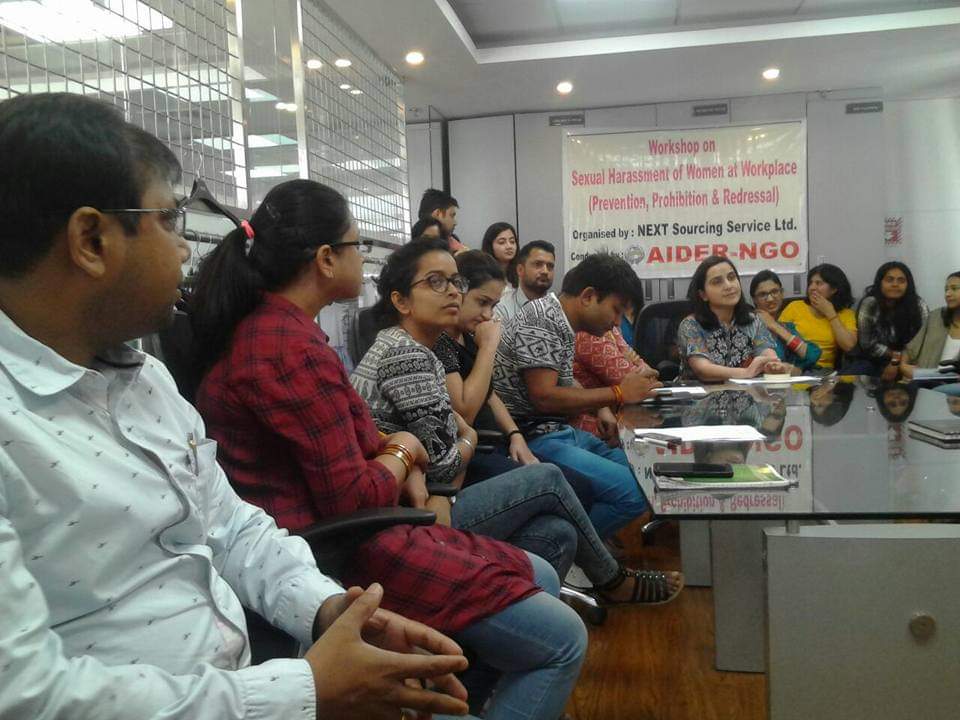
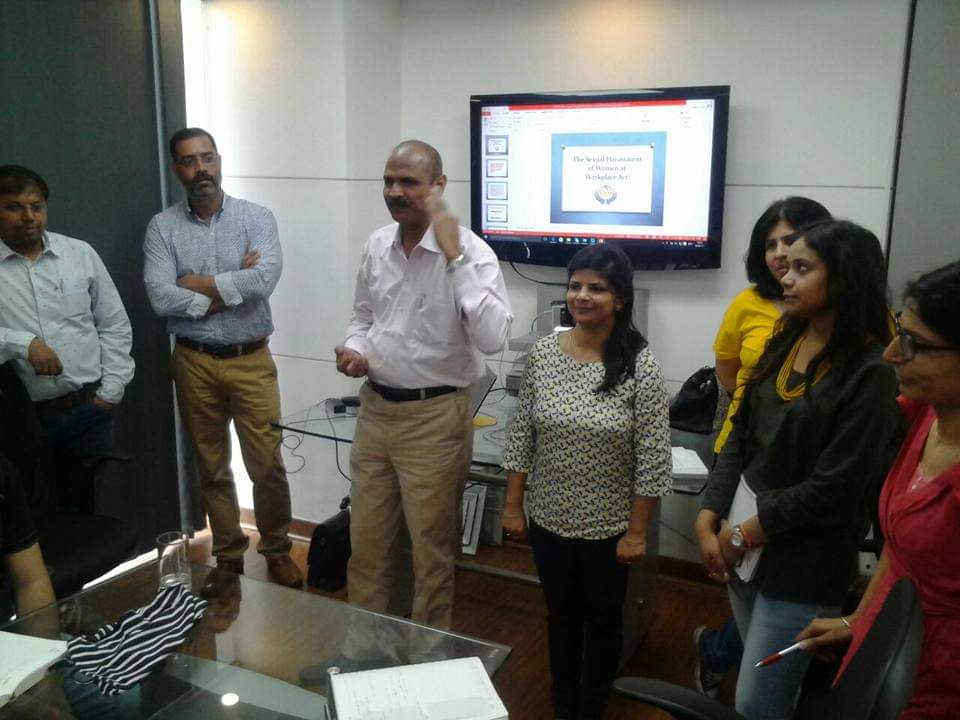
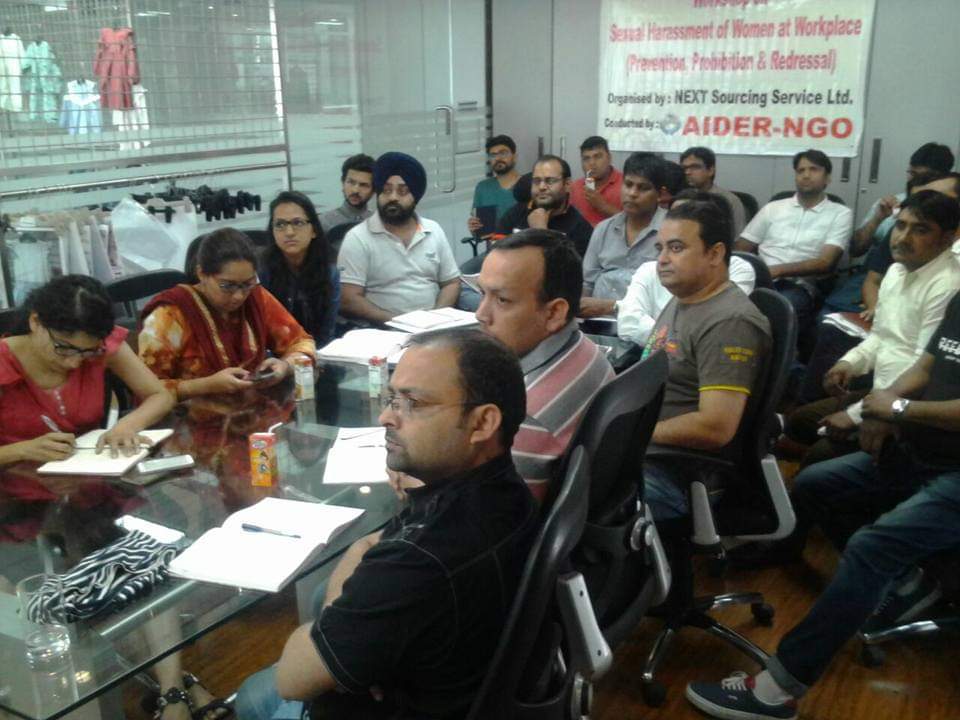
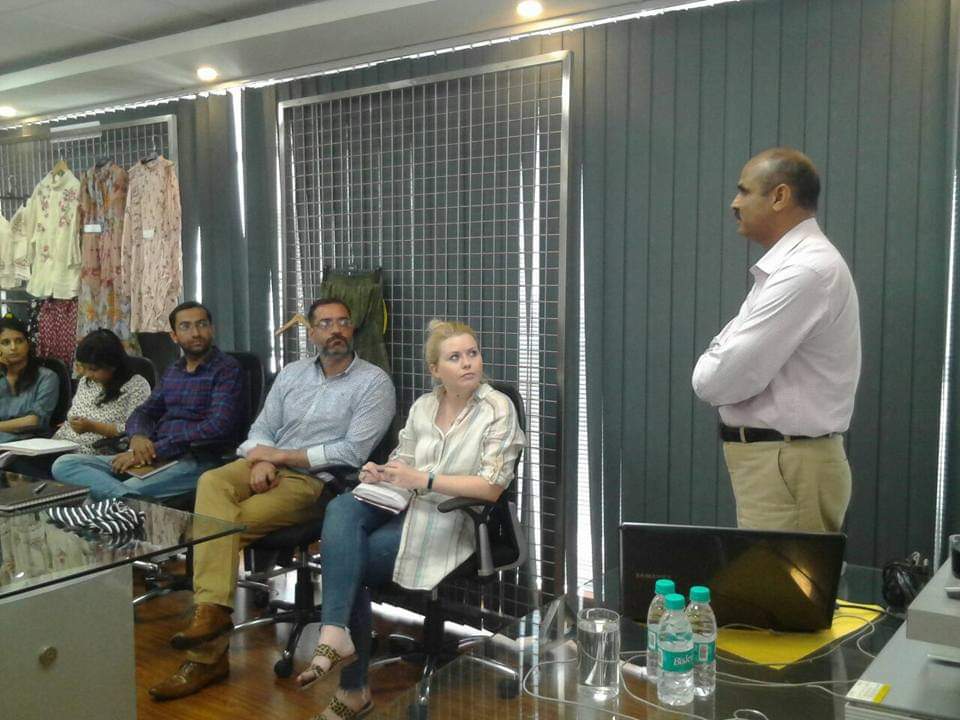
“यत्र नार्यस्तु पूज्यन्ते रमन्ते तत्र देवताः”
God’s divine grace is showered on the place where women are treated respectfully.
Gender inequality is the unequal treatment or perceptions of individuals based on their gender roles. Our society has certain restrictive gender constructs which tend to create disparities in the status of men and women. Women, in general, are considered as a weaker gender and therefore is subjected to exploitation and subjugation at the hands of her male counterparts be it at home or at workplace.
The reasons for gender inequality are as follows:
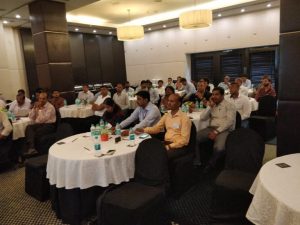
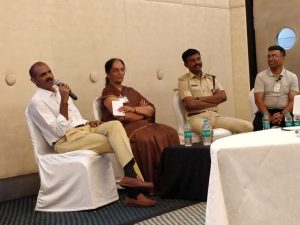

Sexual harassment at workplace can take many forms. For instance, in the form of lewd jokes, vulgar remarks, inappropriate touch, unwelcome physical advances or asking for sexual favors in return for promotion, it may involve intimidation and threatening to act in a certain way. From the above examples we can see that this form of harassment can be both implicit and explicit. In both cases, the modesty of a woman is subjected to be outraged by the perpetrator.
The causes of such misconduct can be many, the most prominent cause being the implied unequal states of women in workplaces. Even in the 21st century, women aren’t deemed as equal with men. Gender wage gap is very much a reality, a very harsh reality of the modern age. Women have been considered ideal home makers and their role is restricted within the four walls of a home. They aren’t allowed to step out, and even if they are, they are often victims of harassment at their workplace. Women lack the necessary awareness and education to fight for their rights. This motivates the perpetrator to take unfair advantage of his position and authority.
When a woman is willing to fight back against the injustice, she often faces a backlash. This backlash comes from her workplace, her colleagues and the society at large. She is held responsible for whatever she is facing. In fact, some people might dismiss it as a mere illusion of harassment. It’s a severe form of gas- lighting and it erodes her self-esteem. She backs out of her battle due to lack of support and guidance. There is also a serious issue of under representation of women in top managerial positions. This further impedes any scope of understanding and empathizing with her on the harassment she faced, since most members of the special committees looking into the matters are males. It’s essential to have female members such committees, and these members must have proper knowledge and experience of women protection laws. Some of similar committees which are required to be established under statutory provisions are Internal Complaint Committee or Sexual Harassment Complaint Committee.
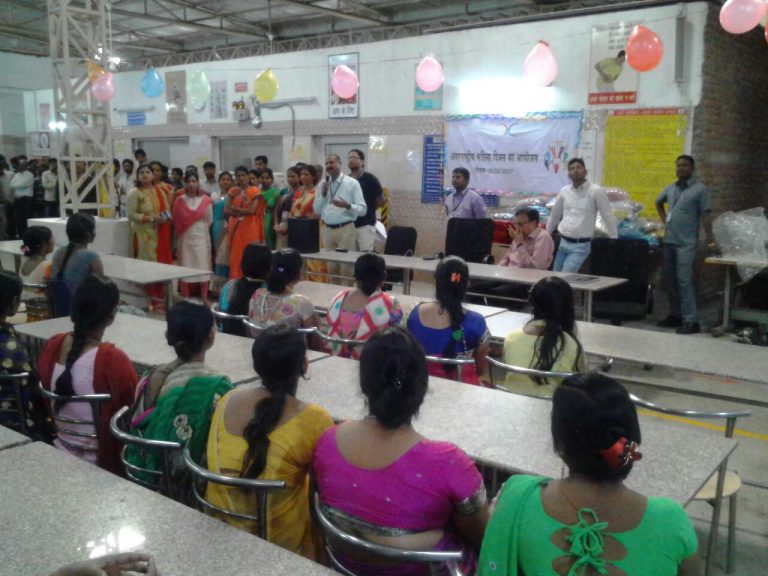
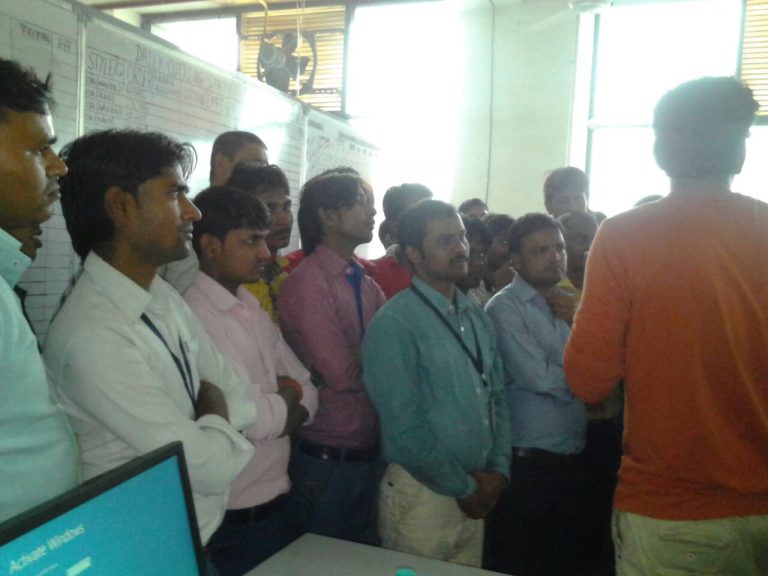
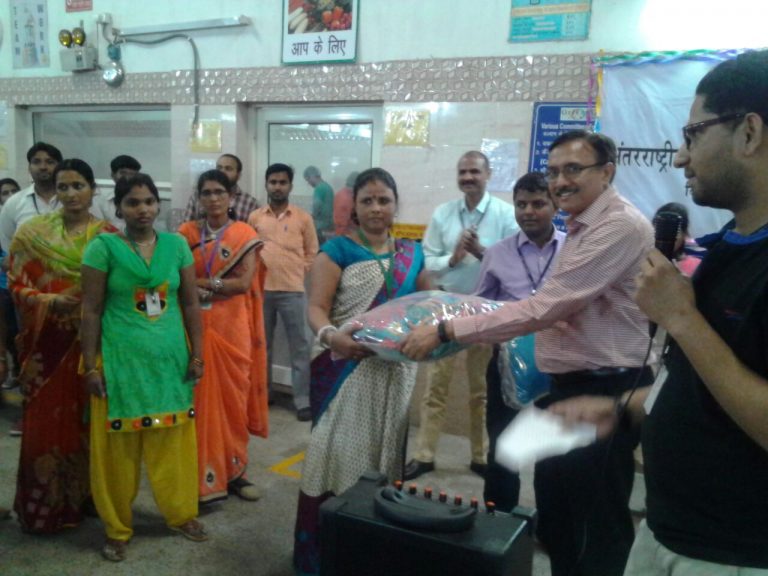
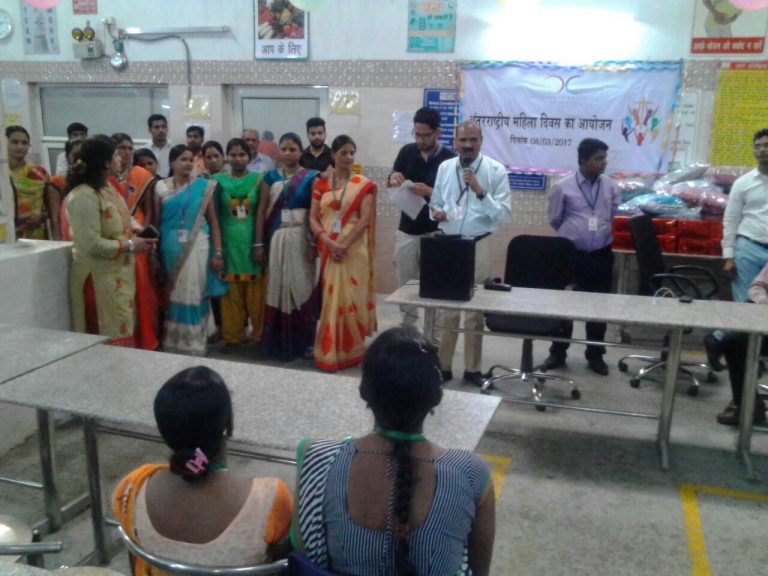
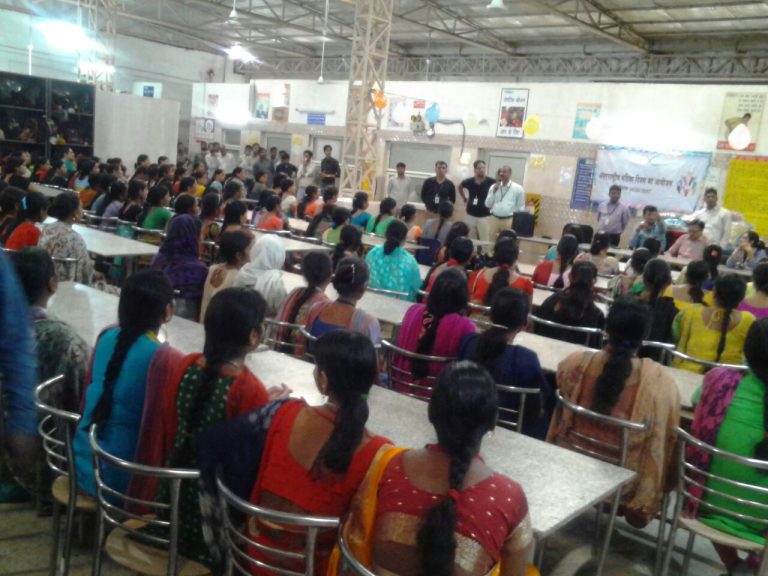
WhatsApp us
Copyright © 2020 AIDER. All Rights Reserved.
Designed by Opecise